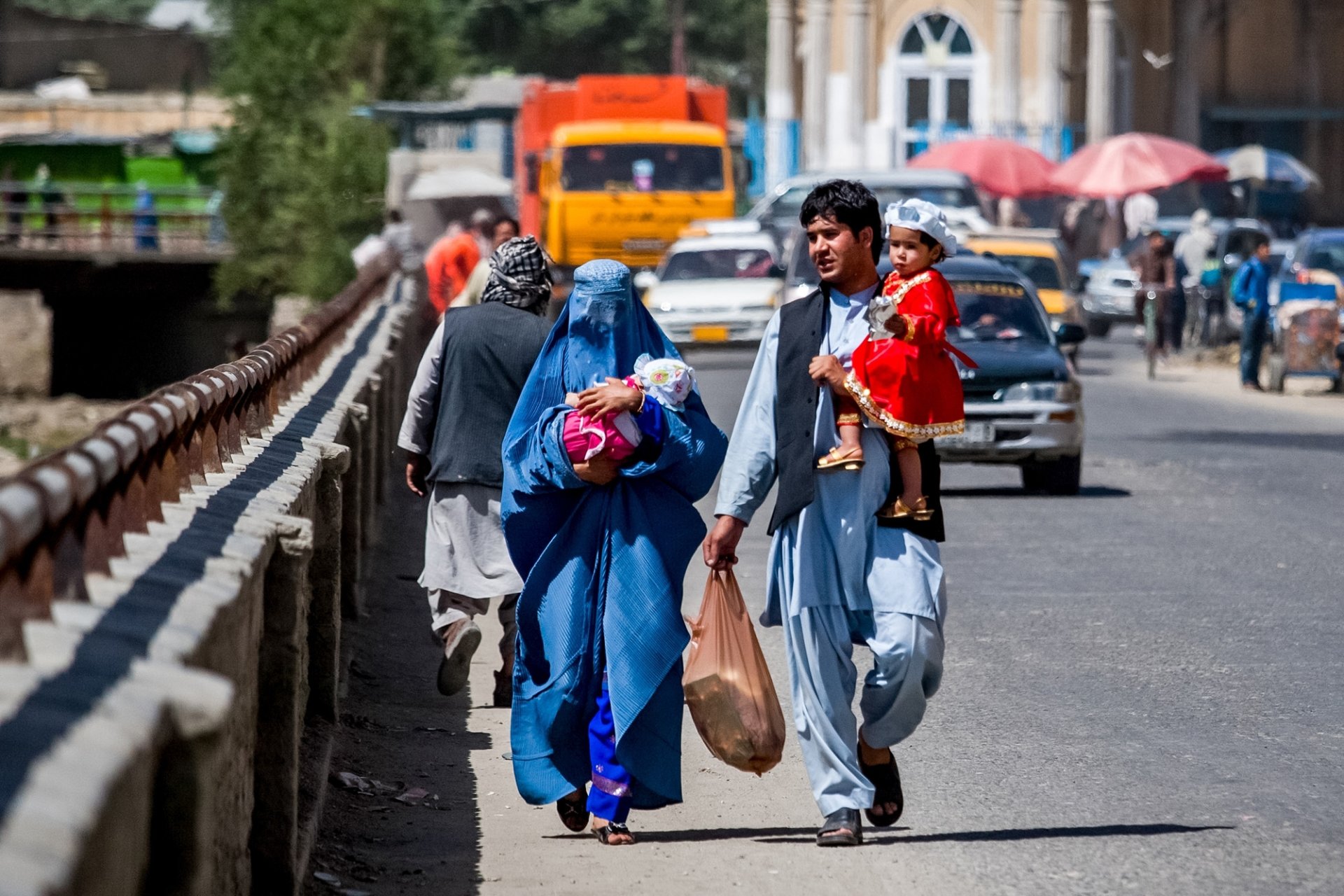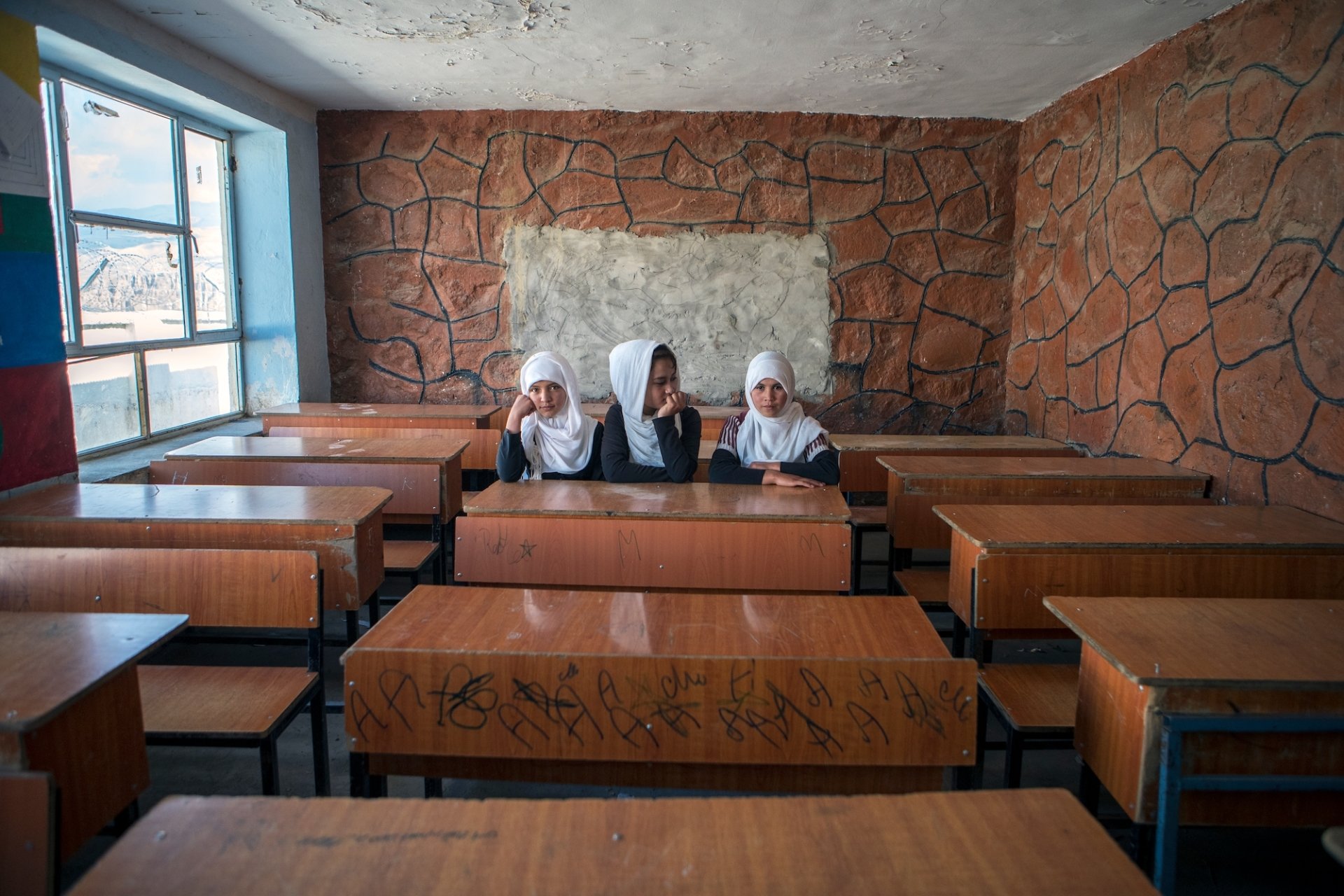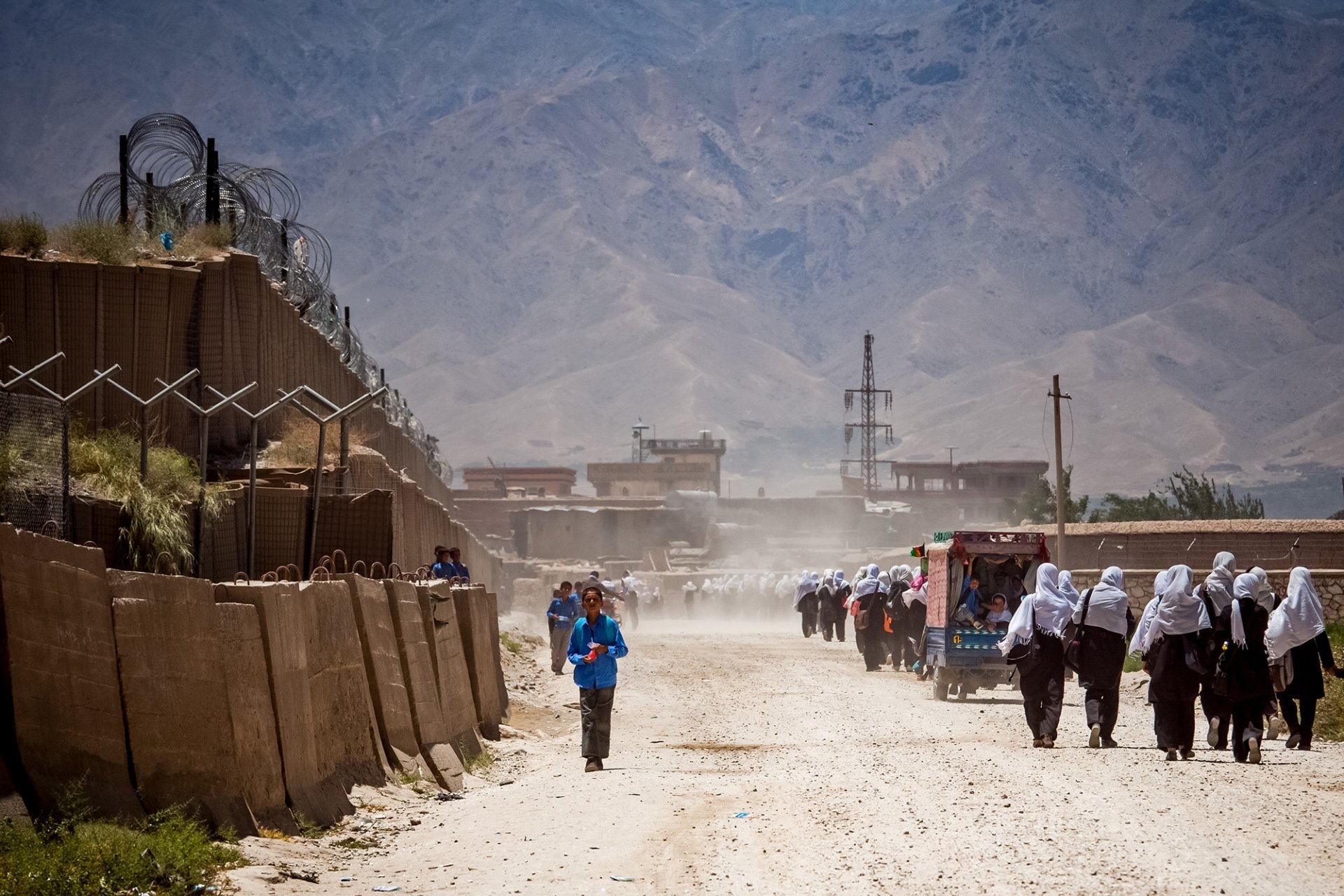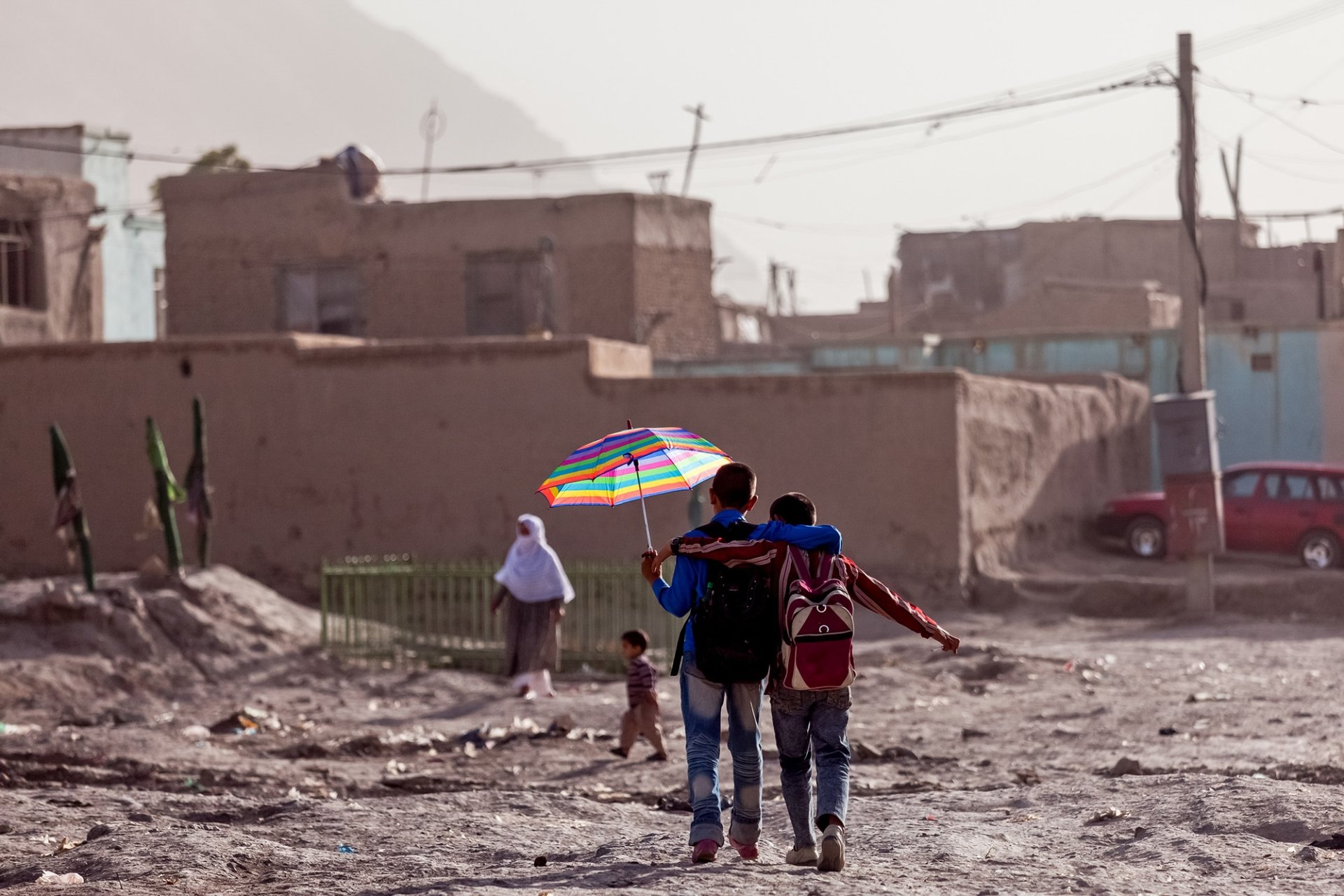THE DETERIORATING SITUATION
As the complex and interlinked crises of Afghanistan grind on, its current situation, future prospects, and spillover effects become more uncertain, dangerous, and harder to contain.
The humanitarian crisis is deepening with disastrous consequences. The international response is increasingly constrained not only by the Taliban’s policies and their ban on women’s work, but also by a huge shortfall in funding. The latter is partly a consequence of the former.
The widespread poverty and food insecurity of the overwhelming majority of the population is an indicator that – despite some reportedly “positive” economic signs – the country’s economy remains fragile, and fails the poor. The economic woes of Afghanistan are further exacerbated by a wide array of contributing factors, such as the continued exodus of the remaining cadre of technocrats; capital flight; restrictions on the banking sector; a lack of transparency and accountability of Taliban leaders in managing national revenue and public finance; and an unevenly enforced ban on poppy cultivation that fails to address critical issues of alternative livelihoods, drugs stockpiles, processing, trafficking, and demand reduction.
Denying Afghan girls and women the right to education, work, and participation not only removes them from public spaces, but also endangers the health and socioeconomic wellbeing of the entire population, putting the future of the country at risk. Arbitrary detentions and disappearances, mainly targeting those associated with the Islamic Republic; crackdowns on media; and religious restrictions imposed on minorities are but a few examples of the Taliban’s misrule in today’s Afghanistan.
It is for this reason that, despite its grip on power for more than two years now, the Taliban regime has not gained legitimacy as a government or acceptance from wider Afghan society or the international community. While Afghan civil society is fragmented, and the non-Taliban political community faces challenges of unity and credibility, the fact remains that legitimacy and acceptance will not come for as long as the Taliban continue to shun intra-Afghan negotiations and an inclusive political settlement.
On the security front, the sole focus of the Taliban’s counterterrorism efforts on Islamic State-Khorasan (IS-K) – albeit with mixed results – shows deliberate selectivity, which allows other major networks, including Al Qaeda, Lashkar-e-Taiba (LeT), Tehreek-e-Taliban (TTP, also known as the Pakistani Taliban), Islamic Movement of Uzbekistan (IMU), and East Turkistan Islamic Movement (ETIM), to build operational infrastructure and lethal capabilities. Continued warnings from credible Afghan and international sources, including the UN Security Council’s Analytical Support and Sanctions Monitoring Team, about the growing threats of these networks should not be ignored, if the regional and international community is to avoid future security disasters.
On the other hand, this current trend of Taliban selectivity in targeting terrorist groups carries the potential to exacerbate mistrust, fuel major power rivalries, and spark proxy confrontations within the region. Despite their alignment and symbiotic relationships with the Taliban in mounting a collective insurgency against the Islamic Republic of Afghanistan and its NATO partners over the past two decades, these terror networks have historically pursued distinct country or regional objectives for their acts of terrorism beyond Afghanistan. For instance, Al Qaeda's focus has primarily been directed against the West, while groups like LeT and Jaish-e-Mohammed (JeM) have targeted India, TTP has focused on Pakistan, IMU and the Nassra Front have targeted Central Asia and Russia, and ETIM has aimed at China. The Taliban's covert or overt cooperation with external actors, coupled with the ensuing selective counterterrorism efforts, may soon lead major powers to believe that their own national security priorities are being undermined by their rivals' collaboration with the Taliban.










